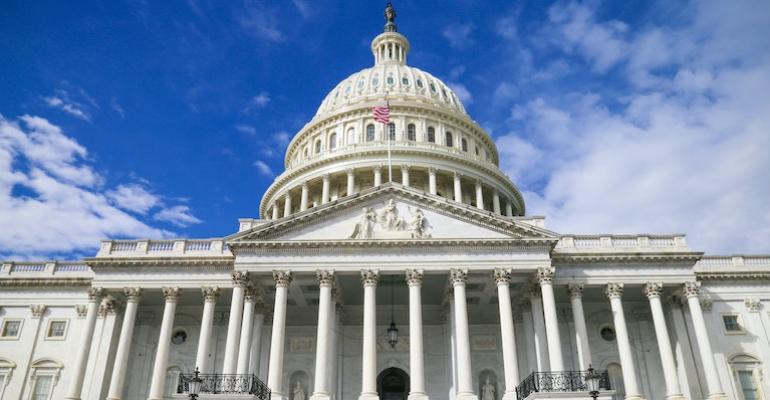Over multiple decades, going back a half century to the early 1970s, a series of “Letter Rulings” by what is now the US Customs and Border Protection (USCBP) have chipped away at provisions of the Jones Act. The legislation is a set of laws which specify (among many other aspects) that US mariners should be working in various offshore trades, and that vessels engaged in coastwise activities should be U.S. built and manned.
Last week, Representative John Garamendi, Democrat from California, introduced the “Close Agency Loopholes to the Jones Act”- which, as its name suggests, seeks to tighten up enforcement of the Jones Act, and turn back a spate of “letter rulings” which have benefited offshore energy producers by allowing lower cost foreign vessels into the offshore realm. Examples have included exemptions for non Jones Act qualified vessels involved in pipe or cable laying along the US Outer Continental Shelf.
The New Orleans-based Offshore Marine Service Association (OMSA), which represents owners and operators of boats serving the US offshore oil and gas realm, and now girding for an important role in offshore wind along the US coasts, has applauded Garamendi’s newly introduced bill. Aaron Smith, OMSA’s President said: “This comprehensive bill would permanently eliminate these loopholes and uphold the true intentions of the Jones Act.”
In explaining the bill, OMSA says: “The newly introduced legislation would also improve transparency surrounding how the US Customs and Border Protection (CBP) administers the Jones Act in part by allowing US vessel operators the opportunity to appeal CBP rulings—an opportunity currently only afforded to foreign vessel owners.”
The group adds that: “Additionally, the legislation would require CBP to disclose Jones Act investigations and penalties and require foreign vessels allegedly operating under Jones Act exemptions to clearly communicate their purported qualifications for review.” OMSA also notes that language in Rep. Garamendi’s bill would push CBP to enforce penalties for violations, noting that: “…time and time again CBP has failed to follow this statute, instead mitigating up to 90 percent of fines for foreign vessels, enabling them to continue to work US jobs in American waters.”
Generally, both Democrats and Republicans have supported the Jones Act in its broadest sense, with an important focus on temporary waivers. But still, political winds in the States are harder to predict than the oil prices which influence the workflows for offshore craft, or the hurricanes which have led to waivers.
At the beginning of January 2023 a new Congress will be seated, with the House of Representatives controlled by Republicans, albeit with a slim majority and Democrats narrowly controlling the Senate. Two years ago, Rep. Garamendi had an important success with an addition to the National Defense Authorization Act (NDAA) for 2021 stating that the Jones Act would apply specifically to offshore wind development along the Outer Continental Shelf.
The same NDAA also contained provisions restricting the Executive branch ability to issue Jones Act waivers; the just concluded 2023 NDAA contains further restrictions. However, the American Offshore Worker Fairness Act (AOWFA), a set of bills focusing on jobs for US mariners, introduced earlier this year by Louisiana Senator Dr. Bill Cassidy (Republican) in S-3705, along with a version in the House, HR 6728, sponsored by Rep. Garret Graves (Republican - Louisiana), have failed to make headway in either legislative chamber. AOWFA also has the backing of OMSA, which noted that language from AOWFA figured in the NDAA discussions, and in its ultimate wording.
Reader resources
The Garamendi bill:
https://garamendi.house.gov/sites/garamendi.house.gov/files/GARAME_113_xml.pdf
Garamendi press release regarding the bill:
Copyright © 2024. All rights reserved. Seatrade, a trading name of Informa Markets (UK) Limited.
Add Seatrade Maritime News to your Google News feed.  |

